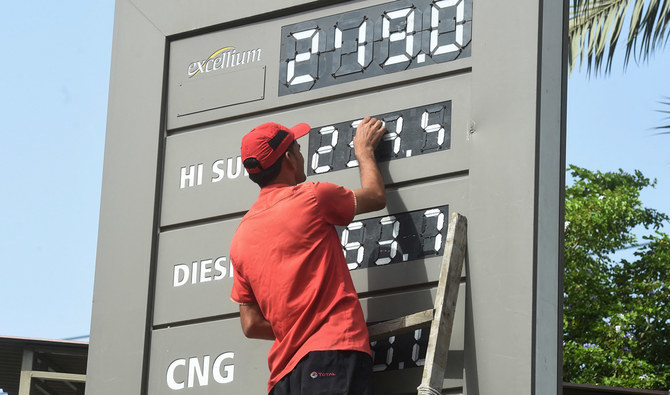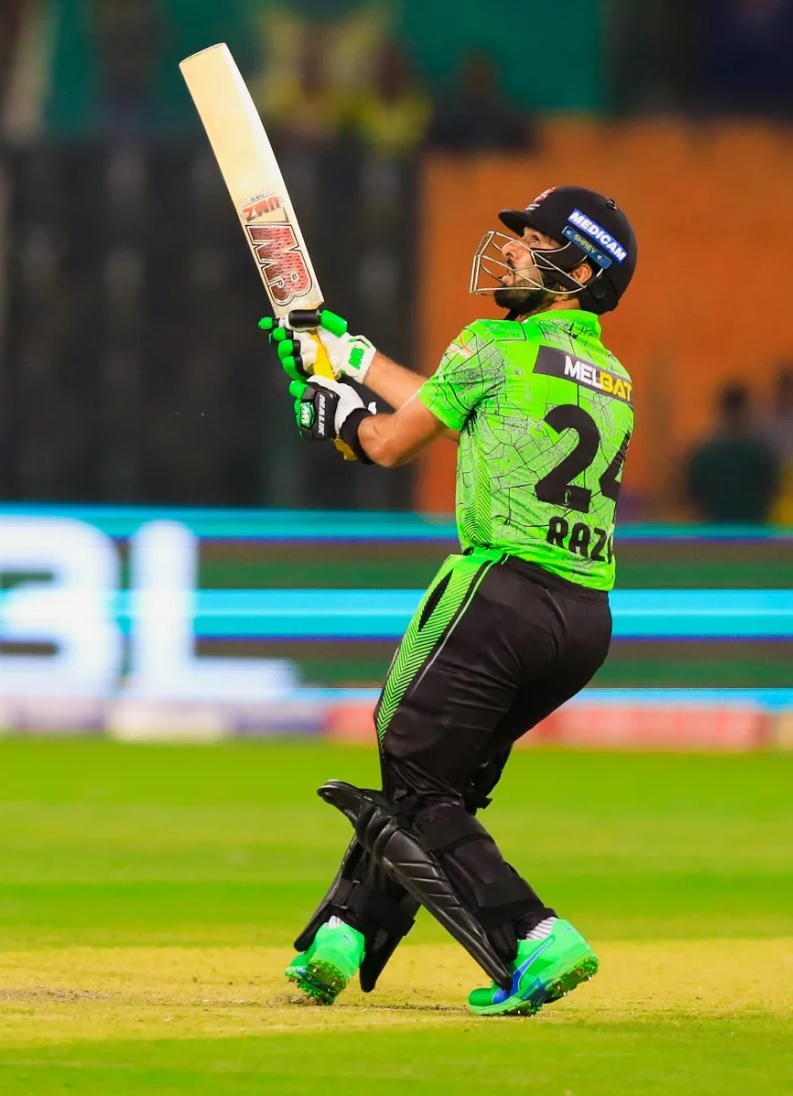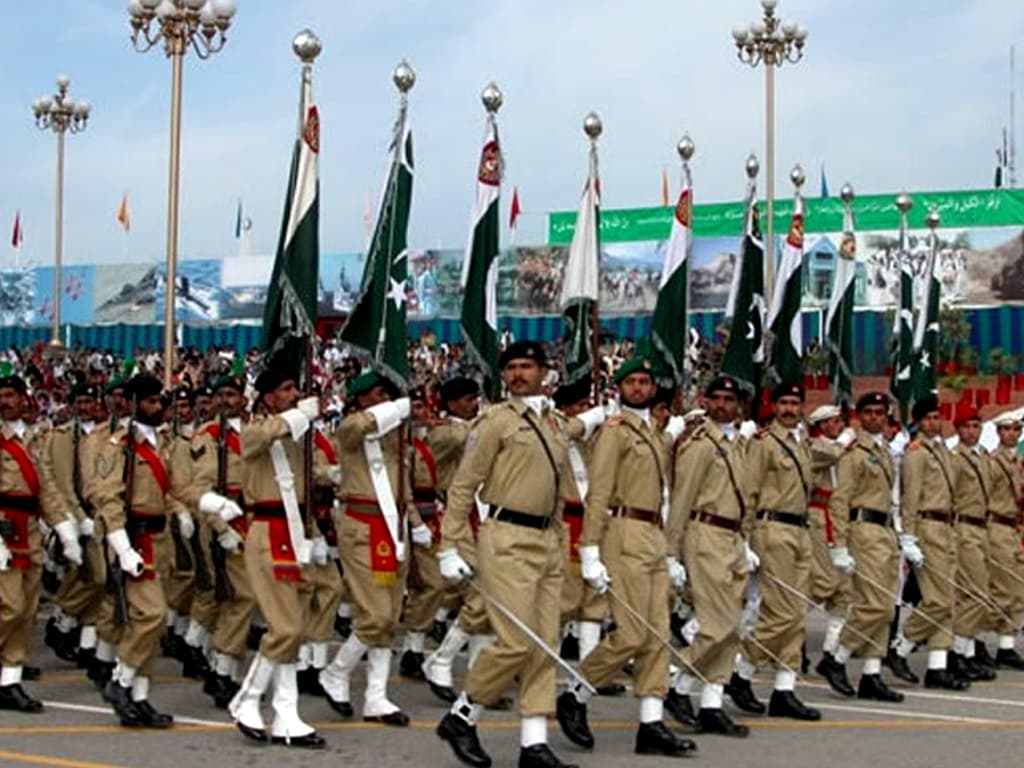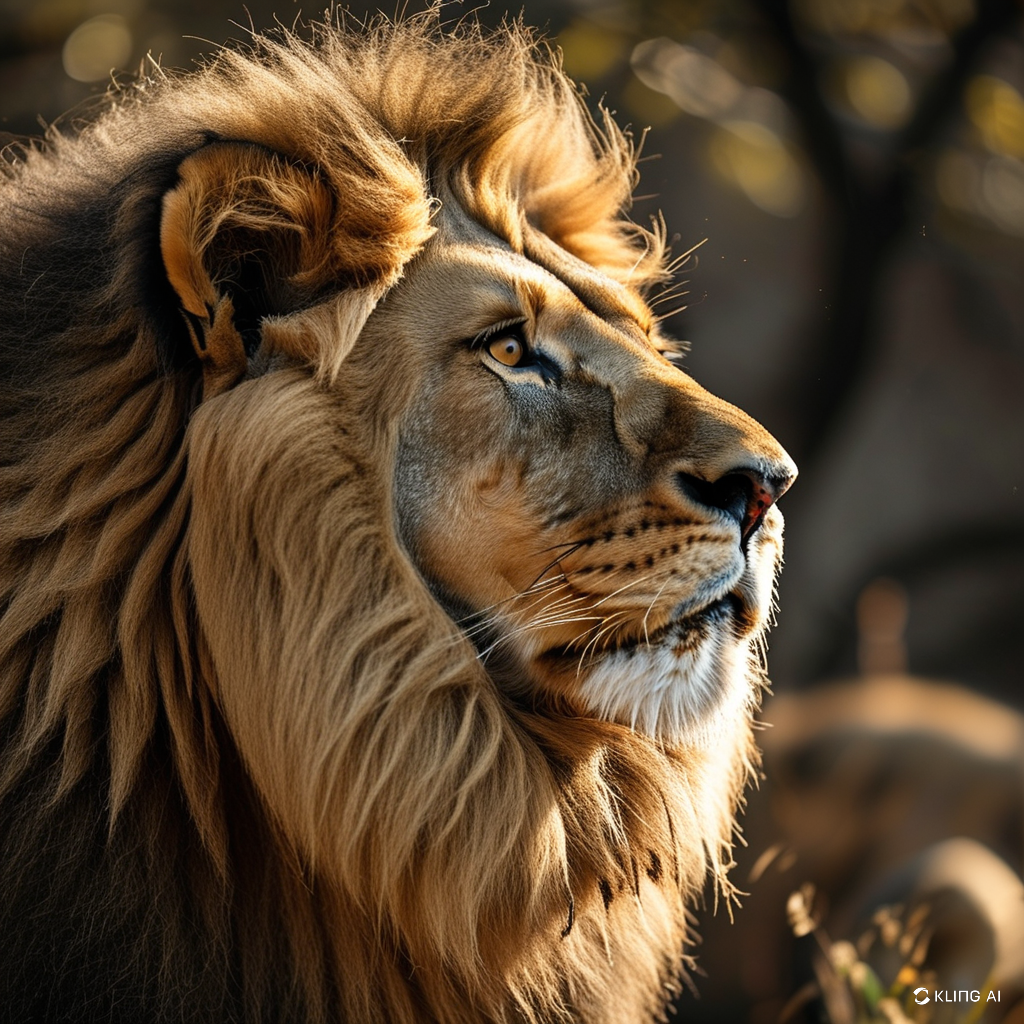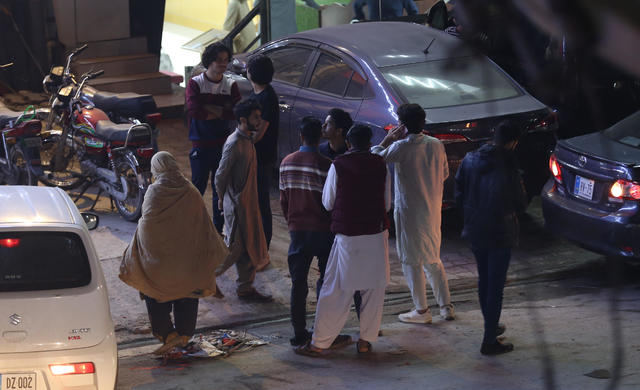India Ranked Worst Country in Internet Freedom
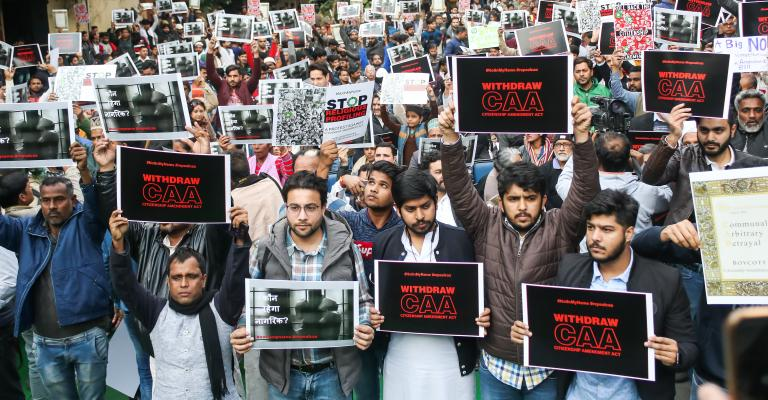
- Jawad Sheikh
- 01 Mar, 2023
India, the world's largest democracy, has recently been ranked as the worst country in the world for internet freedom. The country, which has over 700 million internet users, has been steadily moving down the rankings over the past few years, reflecting a growing concern over the government's approach to online censorship and surveillance.
The latest ranking comes from the Freedom on the Net 2021 report, which is published annually by the non-profit organization Freedom House. According to the report, India scored just 49 out of 100, putting it in the "Not Free" category for the first time. The report highlights several areas of concern, including the government's use of internet shutdowns, the passage of new laws that restrict online freedom, and the surveillance of social media platforms.
Internet shutdowns have become a common tactic for the Indian government in recent years, particularly in regions with high levels of political unrest. According to the report, India had the highest number of internet shutdowns in the world in 2020, with over 100 instances recorded. These shutdowns are typically enforced by the government to prevent the spread of misinformation or to control the flow of information during protests and other political events. However, they also have a significant impact on the ability of citizens to access critical services and information.
Another area of concern highlighted in the report is the passage of new laws that restrict online freedom. One such law is the Information Technology (Intermediary Guidelines and Digital Media Ethics Code) Rules, 2021, which came into effect in February 2021. The law requires social media platforms to remove certain types of content within 36 hours of receiving a complaint, and to appoint local grievance officers to address user complaints. Critics argue that the law gives the government too much power to censor online content and restrict freedom of expression.
The report also raises concerns about the surveillance of social media platforms by the government. In 2020, the Indian government passed the Personal Data Protection Bill, which aims to regulate the collection, storage, and processing of personal data by companies. However, the bill has been criticized for not providing adequate protection for user privacy and for allowing the government to access user data in certain circumstances.
The ranking of India as the worst country in the world for internet freedom is a worrying development, particularly for a country with such a large and diverse population. The internet has become an essential tool for communication, information sharing, and economic growth, and any restrictions on its use could have significant consequences for the country's development.
Furthermore, the restrictions on internet freedom also have a significant impact on human rights. The ability to access information, express opinions, and engage in free speech are all fundamental rights that must be protected in a democratic society. Any attempt to limit these rights, either online or offline, should be viewed with concern.
The Indian government has defended its approach to internet regulation, arguing that it is necessary to maintain public order and prevent the spread of misinformation. However, critics argue that the government's actions are motivated by a desire to control the narrative and limit dissent, particularly in the face of growing opposition to some of its policies.
In conclusion, the ranking of India as the worst country in the world for internet freedom is a cause for concern. The government's approach to internet regulation and censorship has led to a significant erosion of online freedom and has the potential to limit the country's economic growth and democratic development. It is essential that the government takes steps to address these concerns and ensure that citizens are able to enjoy the full benefits of the internet without fear of censorship or surveillance.
WITH INPUT FROM REUTERS
Leave a Reply
Your email address will not be published. Required fields are marked *




